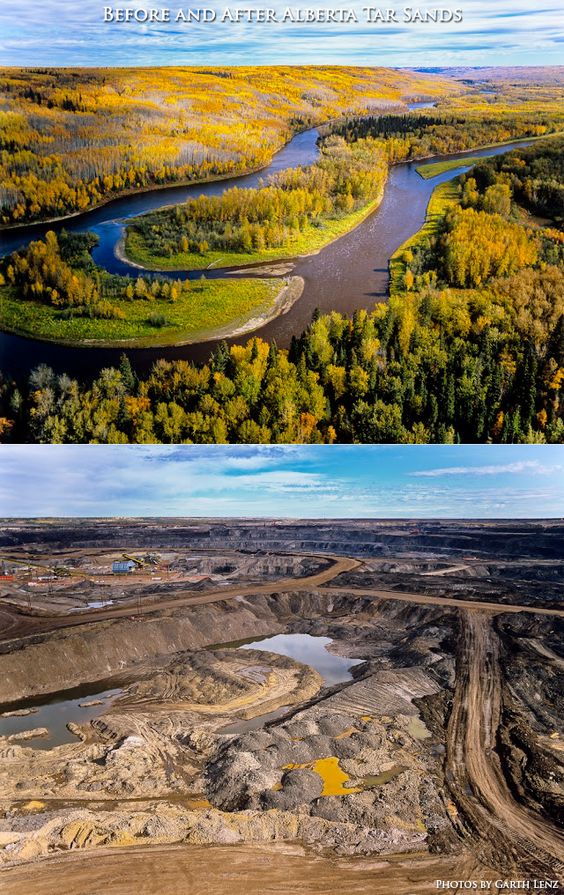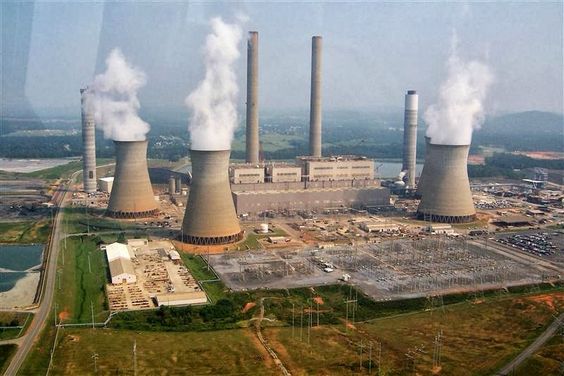Most people are quick to dismiss the validity of climate change despite witnessing the effects of it as rapidly as ever. As per the United Nations, climate change is the long term shift in weather and temperature patterns which may be natural but have been catalyzed by human activities since the 1800s. Climate change is the epitome of global problems as it takes place on a truly global scale i.e. it poses a tragedy of the commons and so remains in everyone’s collective and rational interest to tend to solve it.
The International Rescue Committee is actively working to reduce the impact that climate change has globally. Pakistan has been facing increasingly devastating climate-induced drought and flooding. Despite producing less than 1% of the world’s carbon footprint, the country is suffering the consequences of the world’s inaction and stays in the top 10 countries facing the consequences. Today, the IRC helps more than 30 million people in Pakistan, including Afghan refugees.

Most of us have had the dining room conversation of whether it is hotter this year than last, to which someone usually says, “it’s not hotter, we just lack bardasht (patience)”. Well hot take: no, you are not impatient, it is hotter, and now may as well be a good enough time for us to accept the reality and start preserving our homes.
Earlier this year, the Intergovernmental Panel on Climate Change declared that the effects of global warming were irreversible and while this remains a fact, further temperature increases can be slowed down.

The global climate crisis makes itself evident in Pakistan as the country experiences recurring heatwaves and droughts, floods, landslides and cyclones with greater frequency each year. It poses a major threat to individuals and their livelihood, for example, by ruining crops either due to droughts or floods which threatens food security and familial incomes in a predominantly agrarian society. Reports show that climate change causes monsoons to be more intense with each passing year. Karachi’s heavy rainfall is a consequence of global warming and in a city with dysfunctioning drainage, kills more people including women and children each year.

The Express Tribune reports that Pakistanis as a collective society believe that changes due to climate change are having high level impacts on individual lives, for example, in access to basic necessities like electricity, fuel, water and crop reduction.
In May, Pakistan experienced its hottest April in 61 years, during which temperatures rose by 9 degrees than normal. This meant that glaciers melted rapidly in the North and contributed to flash floods and landslides. It is estimated that this years monsoon season has been 87% stronger than previous years which led to flooding and the death of 150 people across Pakistan. In 2015, the Parliament was advised that Karachi, Badin and Thatta would sink by 2060 due to rising sea levels. South Asia is particularly vulnerable to the effects of global warming and the Maldives is expected to sink before the 3000s.


The Pakistani society continues to live in denial and absolute negligence in regards to global warming and its effects despite increasing threats. Pakistan is ranked 6th by a German think tank in regards to countries most vulnerable to climate change and Yale University’s performance index lists Lahore 176th under most polluted cities in the world. These are all factors that contribute to long term effects of global warming and climate change. In disrespecting our land, we will eventually rob ourselves of our homes. Urgent action and changes in attitude are required to delay the effects of global warming. Pakistan’s disregard of global warming has led to irreversible damage, and it may be too late for the conversation to come into society, and there remains a serious lack of action.











